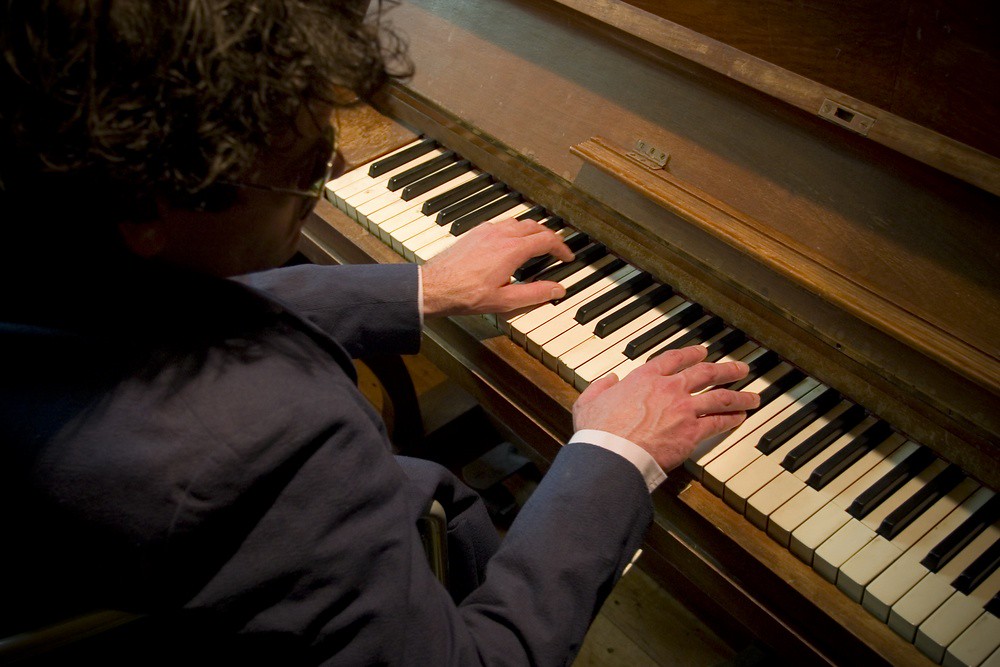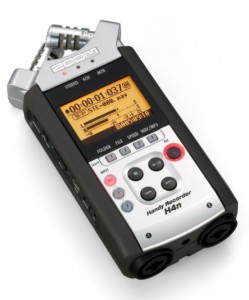 “Artistic performers are prepared performers.”
“Artistic performers are prepared performers.”
–The Musician’s Way, p. 155
Imagine that you’re backstage, minutes before the start of a concert: Are you feeling confident, or are you worried that things could go awry?
Unlike less-experienced musicians, who are often jittery at shows, we veterans approach the stage with enthusiasm because we have a trick up our sleeves.
That trick? We know how to prepare thoroughly. We live by an inclusive readying process that frees us to be fearless in performance.
I separate that process into five facets. Here’s a quick summary.
The 5 Facets of Performance Preparation
1. Artistic
To be artistically prepared for performances, we have to choose music that fits our style and level of ability, and then learn it so deeply that we can deliver every phrase with conviction.
In tandem, we need a polished stage presence that allows us to draw energy from being under the lights.
If your presentation style needs an upgrade, practice performances and self-recording can be ideal avenues for you to refine your skills.
“Artistic performers are prepared performers.”
2. Technical
When we’re technically prepared, we’re in command of our instrument, even in high-pressure settings. We’re also well-versed in the intricacies of performance venues, such as, lighting and sound systems.
If your musical dexterity deteriorates on stage, you can probably boost your control through deepening your practice strategies (see “Two Kinds of Music Students“).
Similarly, if you’re unfamiliar with the technicalities of clubs and concert halls, you might grow accustomed by volunteering backstage at professional venues.
3. Mental/Emotional
We perform best when we’re mentally focused and emotionally engaged.
Although we establish focus and engagement in the practice room, we also have to learn how to remain centered amid the buzz of a live show.
If you find it difficult to stay focused under pressure, you can grow your inner skills via various types of practice performances.
4. Physical
Performing takes strength. Ahead of an event, we need to manage our activities such that we’re fresh when the stage door opens.
To that end, on the day of a show, we should avoid arduous rehearsals, plan what and when we eat, and make time for rest.
5. Organizational
Poor planning rattles countless young performers – they get lost when traveling to venues, bring the wro
Prudent organization, on the other hand, ensures that we arrive early and fully equipped for every gig.
Then, we can let go of worry and focus on what matters most: making soulful music.
For more about the Five Facets of Performance Preparation, see Chapter 8 of The Musician’s Way.
Related posts
The Benefits of Accessible Music
Nail Your Audition
Practicing Performance
The Preparation Timeline
Stage Power
© 2011 Gerald Klickstein
Photo © doctor_bass, licensed from Shutterstock.com

